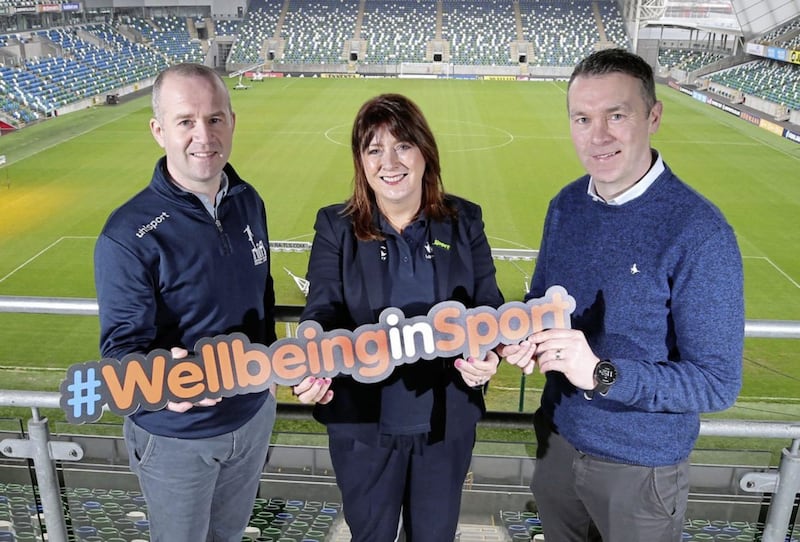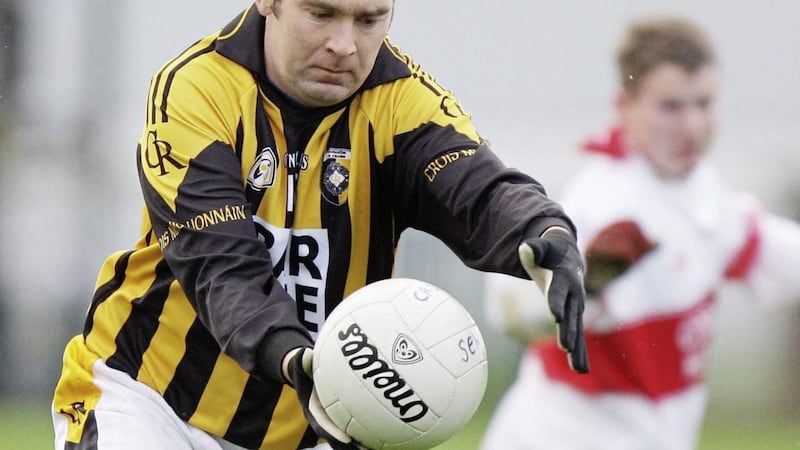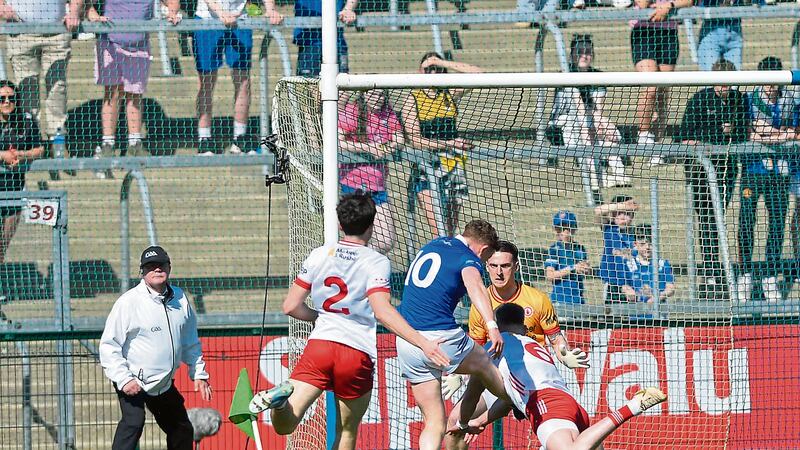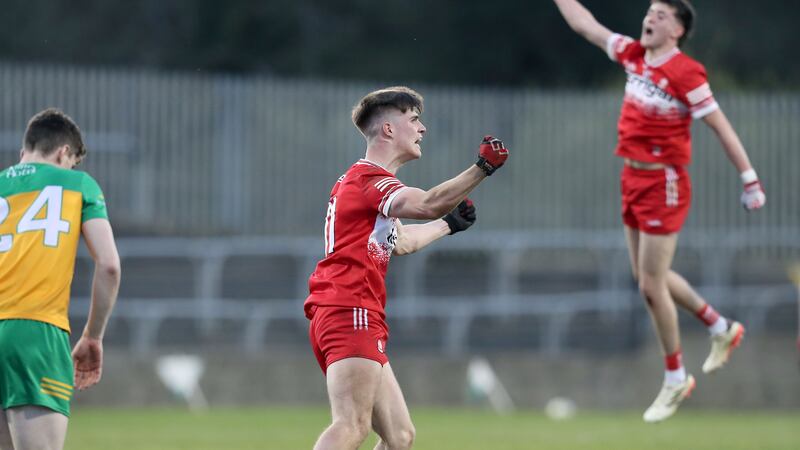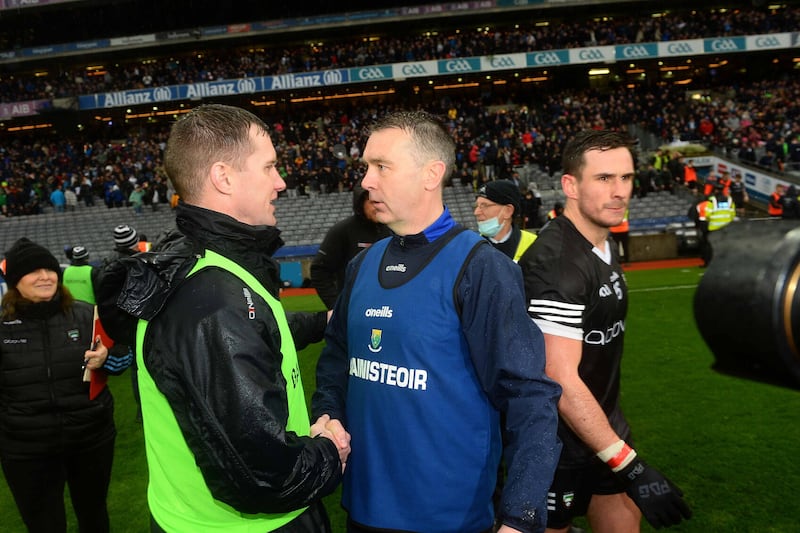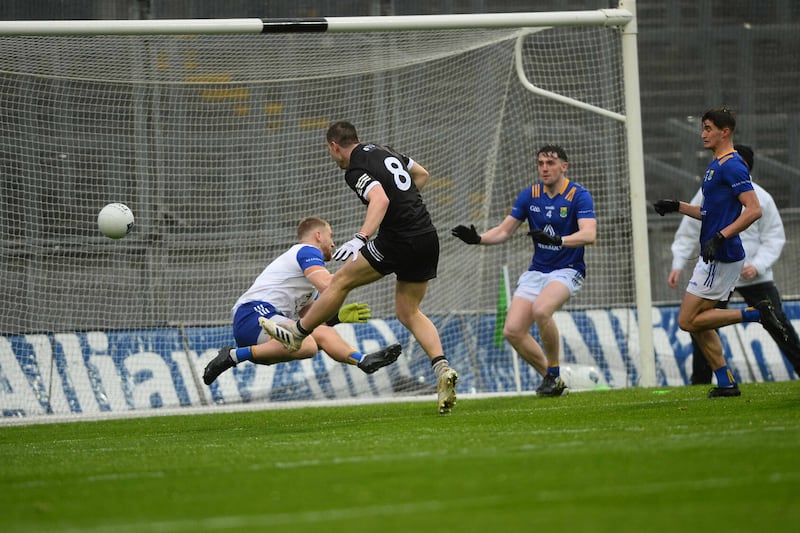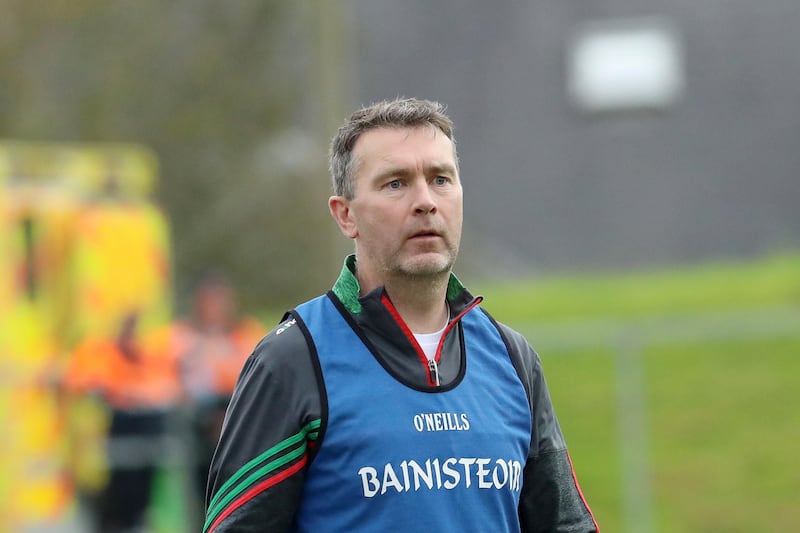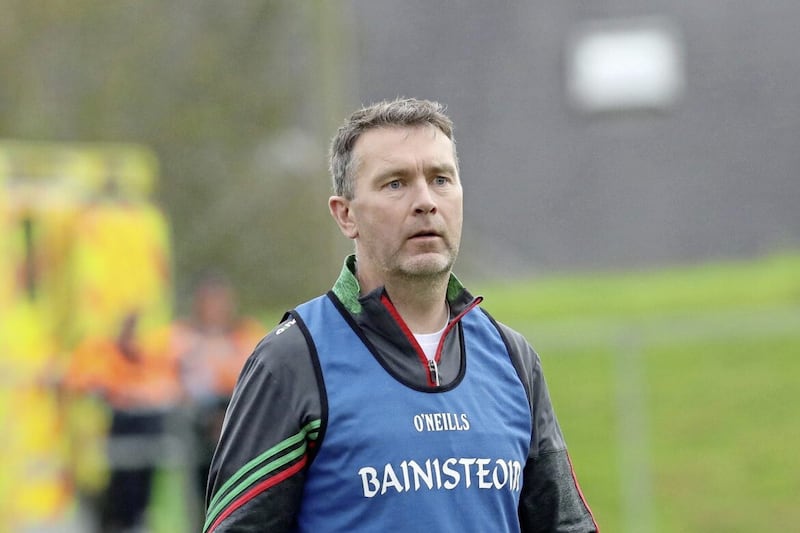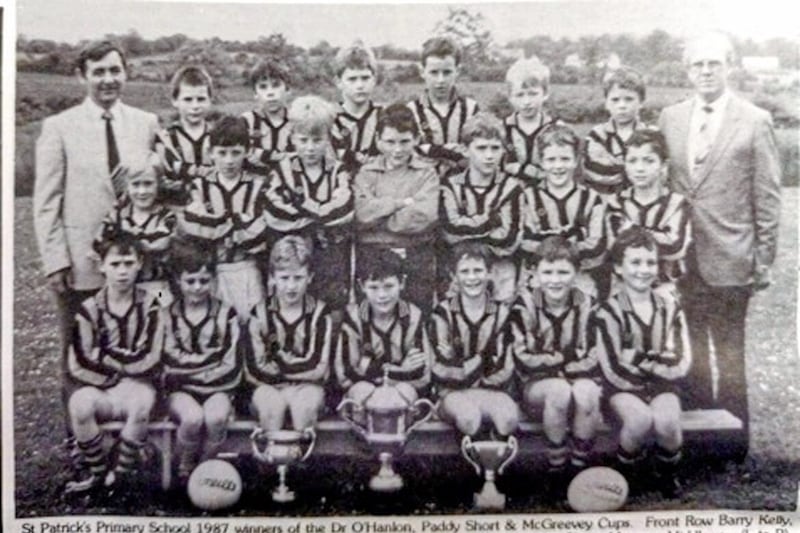‘LEAVE your feelings at the door’ – that was the unwritten rule. Oisin McConville cringes slightly at the memory, while at the same time appreciating just how much attitudes have evolved over time.
Twenty years have passed in the blink of an eye in many respects, but in terms of the approach to issues such as emotional and mental health, substance abuse, compulsive behaviours and addiction in sport, the world is a very different place.
It is 12 years since McConville revealed the full extent of his own gambling addiction, which led to him running up debts of more than £100,000 – including losing £10,000 in one day.
An All-Ireland winner with Armagh in 2002, a serial winner at county, provincial and All-Ireland level with Crossmaglen at club level, McConville looked to have it all. Yet, away from the football field, addiction was ripping his life apart.
Given the rise of online gambling in the time since, young sports stars are even more susceptible to finding themselves in trouble.
During the darkest of McConville’s days, only a select few had any inkling there was something wrong. There was no forum to share his problems, or at least he never felt there was.
The change on that front, the availability of people to talk to and an increased willingness to come forward, has been hugely significant he believes.
“Guys are definitely more open.
“A lot of lads have seen people their own age, their own peer group, not necessarily in the same changing room, but whether it be at school, club, county level or whatever, they’ve all seen guys who have gone through different struggles.
“It wasn’t something that was particularly talked about 20 years ago when I was playing football. One of the things we used to say before we went into the changing room was ‘leave your feelings at the door’.
“That was just a bit of a laugh we had with each other but a lot of times it turned out to be very true. Then, especially in a male-dominated sport with testosterone flying about, the last thing they wanted to talk about was their feelings or how that could impact on their game.
“You didn’t want to show weakness because you felt that if you showed weakness, your manager might say ‘this guy can’t cut it off the field so maybe he’s not going to cut it when the pressure comes on’.
“There was a very antiquated view of people asking for help around this stuff and I definitely think the most positive thing I’ve seen in the last 15 years is that has dramatically changed.
“The old adage that men don’t talk… it’s not perfect but they definitely have improved.”
Looking back at his own experiences, McConville recalls plenty of “false dawns” before he eventually made the breakthrough that set his life on a different course completely.
“There were lots of occasions where I wanted to have that conversation but just never felt comfortable enough to have it,” he continued.
“There were a lot of false dawns as far as me wanting to ask for help. I had a number of people in my life, family members and a couple of team-mates, who really wanted me to get help for what my problem was.
“Some of them knew more or less exactly what it was and they wanted me to speak to somebody to get help. The more people who approached me on it and the more I felt as if the cat was out of the bag, the easier it probably made it for me to come forward and get help.
“When you actually let it out, the relief and the freedom of that is probably the most overwhelming thing. It’s also the time when you realise that you should have done it a long time ago because there are people there who genuinely want to help you.
“When you’re in addiction, you feel alone, you don’t realise the help that’s out there, but there are a lot more people reaching out for help and the more positive role models they get, it lifts the stigma.
“It has a complete knock-on effect because you feel as if you’re not on your own, that there is help there. Education and awareness is the most important thing.
“We can have all the interventions, all the help for people in crisis, but at the end of the day it’s prevention we want more than cure.”
Lifeline Freephone 24/7 crisis counselling services – 0808 808 8000
